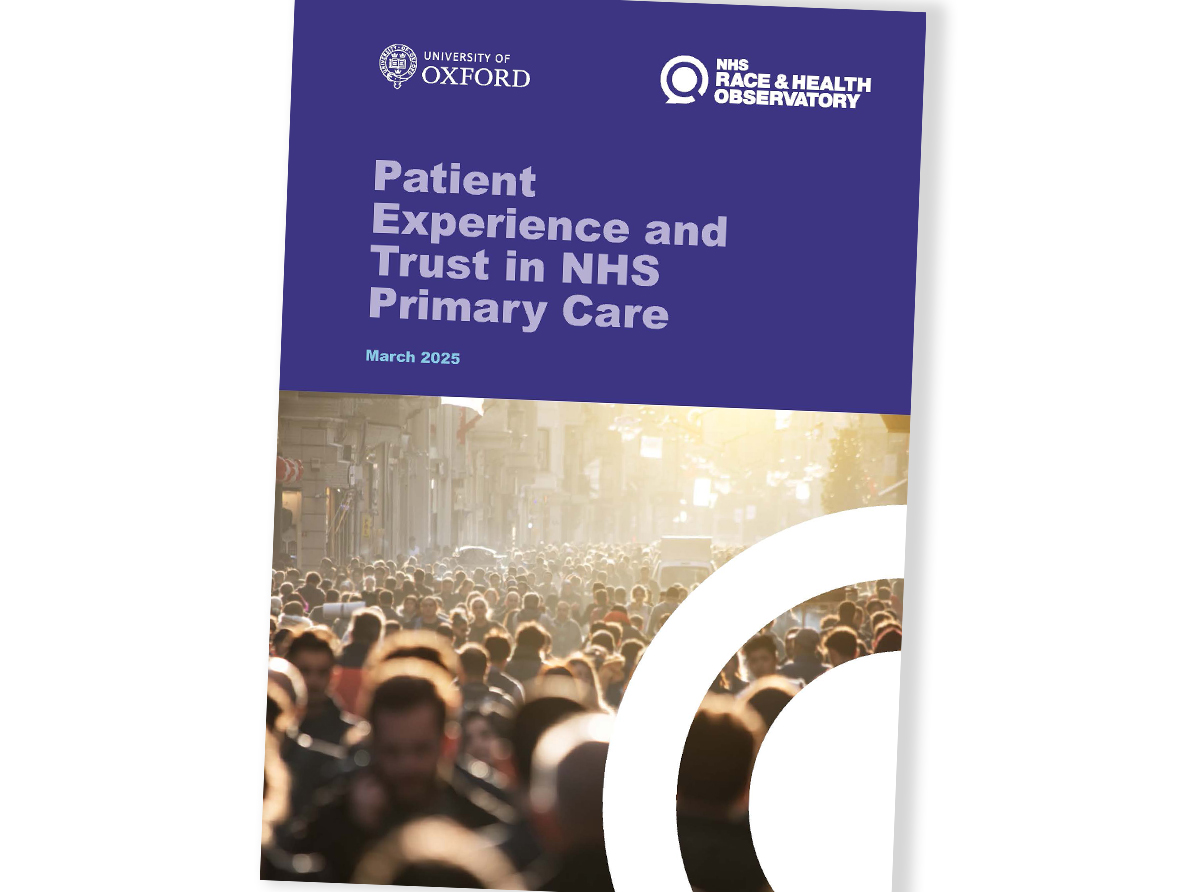
The Cost of Racism
The Cost of Racism is a programme of work exploring the ways in which racism and race inequity lead to significant and avoidable cost to the healthcare service and our economy.
We are committed to drawing upon the best quality evidence about racial and ethnic inequality in health. This means not only commissioning original research to fill knowledge gaps, but also synthesising and mobilising existing evidence.

The Cost of Racism is a programme of work exploring the ways in which racism and race inequity lead to significant and avoidable cost to the healthcare service and our economy.

A recent parliamentary inquiry into avoidable deaths and failures of care for sickle cell patients in secondary care identified that too often acute painful sickle episodes are poorly managed by the NHS. It recommended that the NHS Race and Health Observatory (NHSRHO) undertake a study into sickle cell care in relation to race and ethnicity.

Insights from a survey into the levels of trust that Black, Asian and ethnic minority patients have with NHS primary care service providers reveal high levels of mistrust.

The NHS Race & Health Observatory was formally established in April 2021, with a remit to examine ethnic health inequalities in England and beyond.

This report represents one of many steps needed to help understand the factors that shape race inequality in health, including the forces of structural racism and discrimination, and to begin to respond to them with impactful changes. Knowing how the system works, and how it interacts with underserved communities, is an important step towards rebuilding that system in a way that truly has equality at its core. We invite those reading this report to join us on that journey.

For this report we have analysed the quality and consistency of ethnicity coding within widely used health datasets, in order to inform users of ethnicity data and identify the actions needed to improve the quality of the underlying data. Along with providing insights for data users, the report sets out recommendations for policy-makers and organisations that generate and regulate health data.

Pulse oximetry is a simple, cheap, and non-invasive means of testing the level of oxygen in a person’s blood.